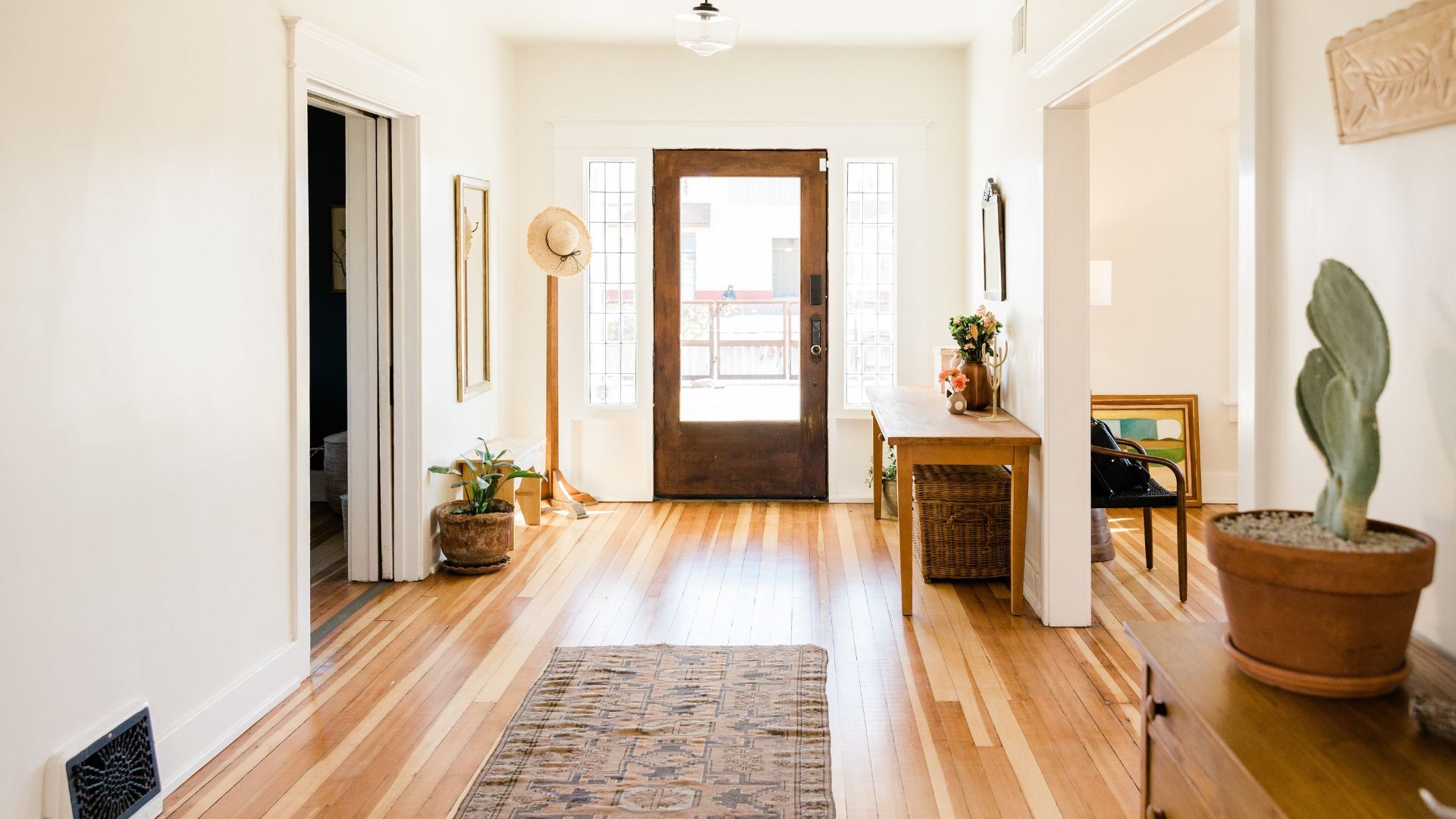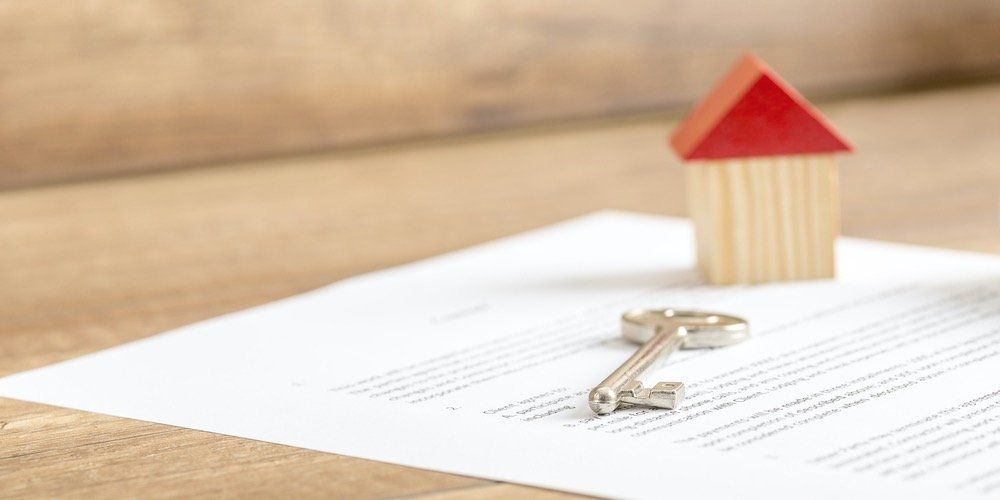“Why” People Buy Residential Real Estate
Yoda may have said, “…do or do not; there is no try”, but if you’re going to “do”— buy a home, for instance—for the love of Star Wars, know why you’re doing it.
Savvy business practice dictates that before making a decision you should know the “why?” Simon Sinek writes on this at length within his book Start with Why — certainly worth a look! This tool will serve to protect you from all kinds of pitfalls. It will allow you to objectively take stock of the situation, and it will (more often than not) keep you from entering into a scenario where you don’t have a clearly defined strategy/desired outcome.
Interestingly, the “why” in residential real estate has generally led buyers in one of two directions: either investment or lifestyle.
Investment
In a world where investing can be a tricky proposition at the best of times (not unlike walking into the MGM Grand), real estate, especially your primary residence, seems to be as close to a sure thing as you can get. Property in Canada has pretty much always appreciated in value and depending where you live, it seems new records for house prices are being announced each quarter. It’s no wonder we feel home ownership is one of our fundamental rights as Canadians.
However as any good investor knows, past performance doesn’t indicate future results. People are starting to ask how long can this market last, as the media starts to circle back to the old “housing bubble” dialogue again. So is buying property solely as an investment a good idea today? Well, that really depends on your personal situation and is certainly worth a conversation. One we could have over a coffee!
If you are in a position to buy, and you have compared the cost of renting vs cost of the mortgage payment on a similar property, chances are you will find that buying is a good investment. The real kicker is that when (unlike traditional investments) you sell your home, the appreciation is tax-free money in your pocket.
Lifestyle
While the idea of buying in order to sell and earn a big profit is a fairly recent phenomenon, buying in order to achieve your lifestyle dreams is as old as the idea of home itself. This is what drove the entrepreneurial spirit of the wild west, and built the vast subdivisions of post-Second World War North America.
For most individuals, their home is their castle. It’s where they find privacy, solitude, relaxation, freedom, joy, pride, community, and the space to be themselves. It’s a pretty simple concept: people like to own their home.
When Worlds Collide
When considering your “why” of home buying, a lot of times it’s going to be a mixture of both investment and lifestyle. Obviously the house with the greatest potential for a large monetary return is the prudent, responsible choice. Location matters, neighbourhood matters, build matters, and potential renovations matter. You want to keep your property in great shape, as you would any investment!
But while you live there, pay down your mortgage, build equity, and see some long-term appreciation, you get to nap in your own comfy chair, in a room where you chose the paint colours.
This article was originally published in the July 2016 Dominion Lending Centres Newsletter.
Share
RECENT POSTS






